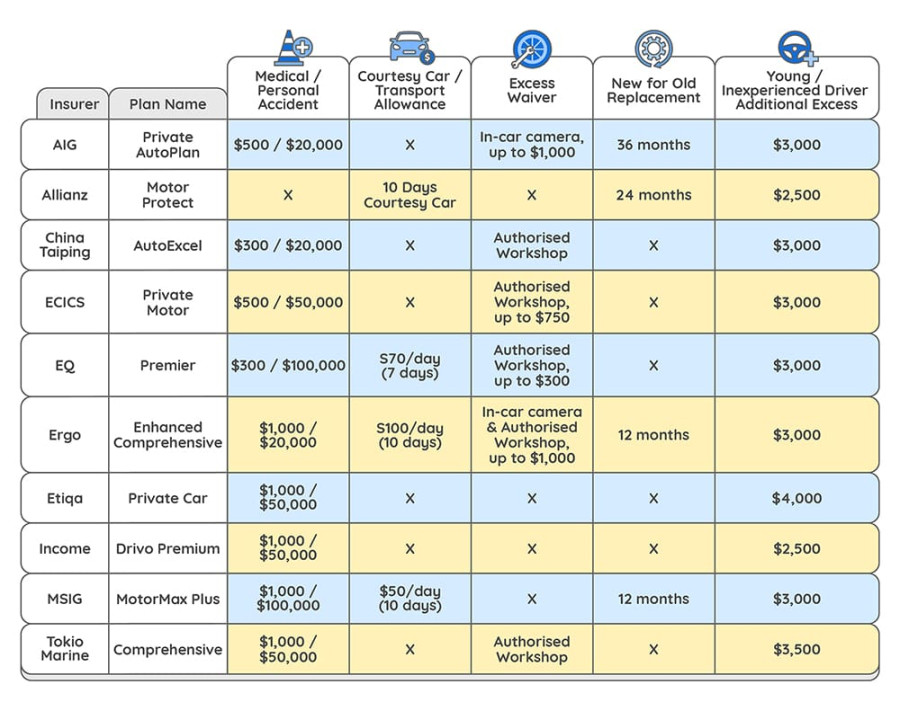Finding the Best Insurance Plan: A Comprehensive Guide
Navigating the world of insurance can feel overwhelming. From health and life to home and auto, there’s a policy for nearly every aspect of life, and each comes with its own set of terms, conditions, and costs. How do you choose the right plan for your needs? This guide will break down the process of finding the best insurance plan, ensuring you’re protected without breaking the bank.

Before you even start looking at policies, take a hard look at your current situation and identify your specific needs. Consider these questions:
What are your biggest risks? Think about potential health issues, financial burdens on your family if you were to pass away, and the possibility of damage to your property.
Understanding the various types of insurance available is crucial. Here are some common categories:
Health Insurance: Covers medical expenses, from routine check-ups to major surgeries. Different plans offer varying levels of coverage and cost-sharing.
Don’t settle for the first quote you receive. Shop around and compare policies from several different insurance companies. Online comparison tools can be helpful, but also consider contacting insurance agents directly for personalized advice. Pay close attention to:
Premiums: The amount you pay regularly for your insurance coverage.
Before signing any documents, carefully review the entire policy. Understand the terms and conditions, including any limitations or exclusions. Don’t hesitate to ask questions if anything is unclear. It’s better to be fully informed before you commit to a policy.
If you’re feeling overwhelmed, consider working with an independent insurance broker. They can help you assess your needs, compare quotes from multiple insurers, and find the best policy for your situation. Brokers typically work on commission, so be sure to understand how they are compensated.
Your insurance needs may change over time due to life events such as marriage, the birth of a child, or a change in your financial situation. Review your policies annually and make adjustments as needed to ensure you have adequate coverage.
While cost is a significant factor, it shouldn’t be the only consideration. The cheapest policy may not provide enough coverage when you need it most. Balance affordability with adequate protection.
Familiarize yourself with the process for filing a claim. Knowing what to expect can make a stressful situation a little easier.
Finding the best insurance plan requires careful research, thoughtful consideration, and a clear understanding of your individual needs. By following these steps, you can confidently navigate the insurance landscape and secure the protection you need for a secure future. Don’t delay – protecting yourself and your loved ones is an investment in peace of mind.
